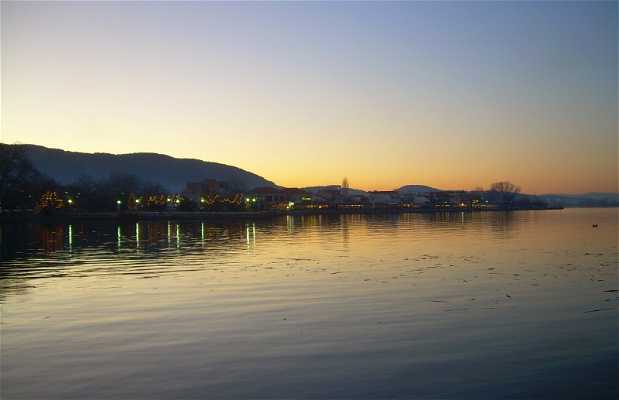A place in Greece often missed by visitors
Most of the tourists who come Greece come to see Athens, the Peloponnese and maybe 1 of its islands, so there is a big part unknown to most people and lovely. One place is Ioannina. It is the capital of Epirus and is a must to get to the Vikos-Aoos National Park, which is where I was going . We found a big lake in the city. I recommend a stroll because you can get incredible views, as it is surrounded by mountains. Maybe being next to a lake Ioannina offers an overwhelming tranquility, even though the streets are always filled with people, especially young people who come here for college. Another jewel of this place is its Kastro or old.









